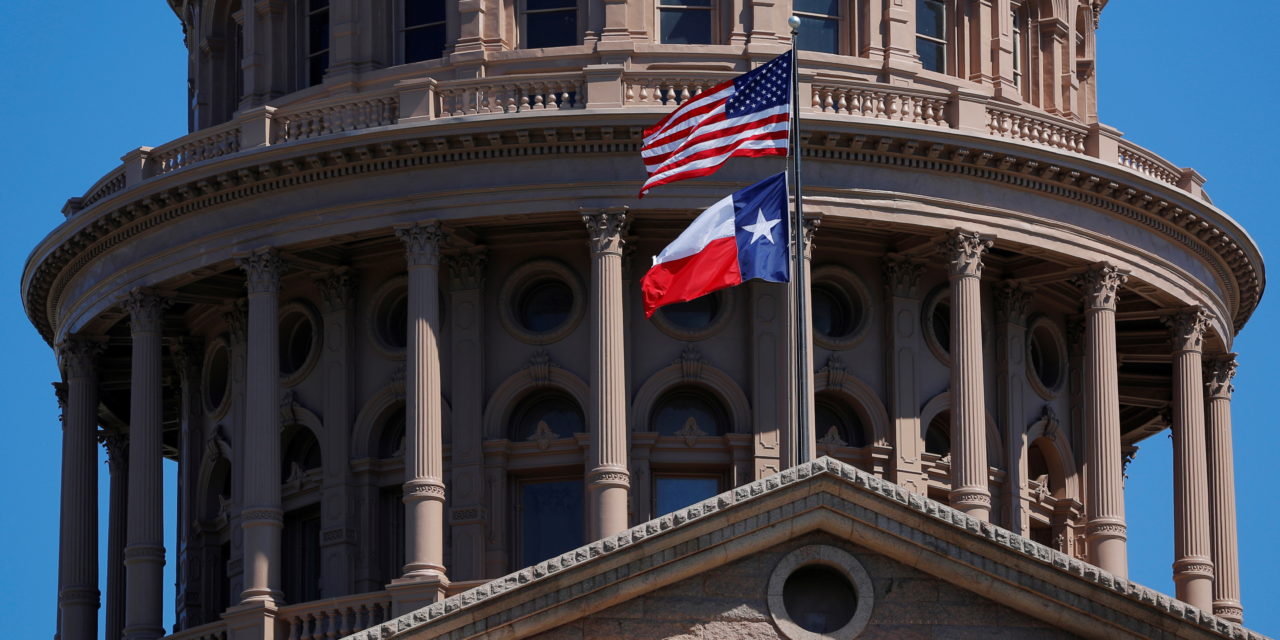The Roe v. Wade case has its origins in Texas, and the Lone Star State has now taken steps to hopefully dismantle the nation’s highest court’s controversial decision by becoming the latest to pass a heartbeat-style bill. These pieces of legislation limit abortion to within six to eight weeks of pregnancy, when a preborn baby’s heartbeat can be detected. Gov. Greg Abbott has already signaled that he will sign it into law.
“The Texas Heartbeat Act is the strongest Pro-Life bill passed by the Legislature since Roe v. Wade,” Rebecca Parma, of Texas Right to Life, said.
Senate Bill 8, as it’s also known, states that an abortion cannot be performed once the fetal heartbeat, i.e., “cardiac activity or the steady and repetitive rhythmic contraction of the fetal heart within the gestational sac” has been detected.
The legislators found that “fetal heartbeat has become a key medical predictor that an unborn child will reach live birth; cardiac activity begins at a biologically identifiable moment in time, normally when the fetal heart is formed in the gestational sac; Texas has compelling interests from the outset of a woman’s pregnancy in protecting the health of the woman and the life of the unborn child; and to make an informed choice about whether to continue her pregnancy, the pregnant woman has a compelling interest in knowing the likelihood of her unborn child surviving to full-term birth on the presence of cardiac activity.”
Those that violate this order run the risk of civil action, with a financial compensation of “not less than $10,000 for each abortion.” It’s not just the abortionist that would have to pay but would also include anyone who paid for the abortion, or the woman or state could also sue a family member or friend who drove the woman to the abortion clinic.
This civil track is different than other heartbeat bills, which usually look to enforce the law by allowing criminal charges against abortionists.
“The Texas Heartbeat Act is novel in approach, allowing for citizens to hold abortionists accountable through private lawsuits. No heartbeat law passed by another state has taken this strategy. Additionally, the bill does not punish women who obtain abortions,” Parma said.
Pro-abortion groups were less than impressed.
Amy Hagstrom-Miller, CEO of Texas abortion clinic Whole Woman’s Health, told The Daily Beast, “It’s unprecedented, there’s no question. The idea that just anybody should be able to police a highly trained physician and their staff—that any Joe on the street can make that claim—is just totally shocking.”
“#SB8 is on it’s way to Gov. Abbott’s desk. We want to make one thing clear: Planned Parenthood will continue to fight for the RIGHT to abortion access, no matter what. Our movement is beyond this moment and stronger than ever. The fight continues,” Planned Parenthood Texas Votes tweeted.
Gov. Greg Abbott, in a recent meeting with Focus on the Family president Jim Daly, shared that he’ll “sign any heartbeat bill they bring me.”
In an interview this week, the governor again shared his support, stating, “We’re addressing every issue in the entire state that will make lives better for everybody, including innocent, unborn children. What this bill seeks to do is once a heartbeat is detected in a mother’s womb, at that time it would be inappropriate to take the life of that baby. Texas has taken a position that innocent life is so important.”
State Representative Shelby Slawson said, “When a beating heart represents a life within a womb, we have a duty to protect that innocent unborn life.”
Life, at all stages, is precious. This summer, Focus on the Family will once again host See Life Clearly, with six web episodes on various pro-life topics culminating with a live event in Dallas, Texas.
It’s an opportunity for Christians to stand together and proclaim the importance and sanctity of life.






